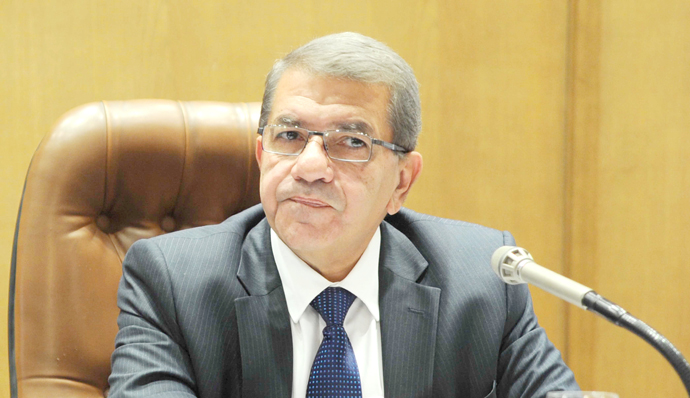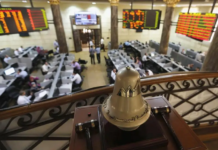The Egyptian Ministry of Finance concluded the VAT draft law which will replace the current sales tax law, and listed 32 items and services exempted from this tax.
Minister of Finance Amr EL-Garhy said that this list includes: all kinds of baby milk and food, dairy products, eggs, tea, sugar, vegetable oil, bread, wheat pasta, frozen or fresh fish, poultry, and livestock. Other exempted commodities are crude oil, natural gas, butane gas, raw material from coal mines and queries, and power (produced- sold- transferred- consumed), and water (produced- cleared- desalinated- transferred). Moreover, wheel chairs and their spare parts, artificial organs or any other man-made device that is implanted or integrated into the human body, and incubators are exempted from VAT.
Services that will be excluded from this tax comprise 20 groups, i.e., education, training, scientific research, banking, postal saving funds, and non-banking services subject to Egyptian Financial Supervisory Authority, including financial leasing. In addition to exempting media productions, literary and art work, agricultural and non-commercial services of non-organisational and civil society entities, from this tax. As well as, construction and maintenance work in worship places, and free services offered by libraries, educational, research and cultural centres, radio and TV.
Within this framework, the Egyptian Center for Economic Studies, ECES released a report in which it wrote that value added tax (VAT) is proportionate to the citizens’ spending capacity, i.e., “The more they spend, the higher the tax is”. “This kind of tax can be legally regulated easily, since it is applied to all commodities and services at all trading phases, except for those especially exempted,” the report added.
The ECES report called on setting up an encouragement system to promote dealing with sales tax bills, pursuant to certain rules, and designing transition regulations concerning regular and new registrars, so that they can adjust to the new law without any additional burdens.
In light of international experiences and nature of the Egyptian economy, there is a need to give an allowance period before VAT comes into effect, to give enough time for its application, like training employees, determining tax dues on supplies, and modifying accounting and bill issuance systems. “This duration will also allow Tax Authority to properly apply VAT to avoid any disputes with tax payers that might cost the state massive administrative burdens, weaken trust in the tax system and increase possibilities of tax evasion,” the report added.
Among the key articles in this VAT draft law, according to the report, is broadening the tax base by applying it to all services, excluding basic ones that are essential to the poor.
The ECES stressed on the need to reform the Egyptian tax system comprehensively and radically, starting from planning tax policies, improving tax levy system and scheming tax plans for informal sector, to enhancing indirect taxes- especially VAT- as a basic revenue source.
The ECES called on enacting a single law on tax measures and setting up specialized tax courts, particularly after the Supreme Constitutional Court ruled that ordinary courts are not qualified to review sales tax disputes.
VAT is imposed in 162 countries around the world, and represents a primary source for tax revenues in these countries.















